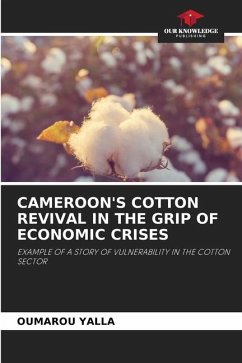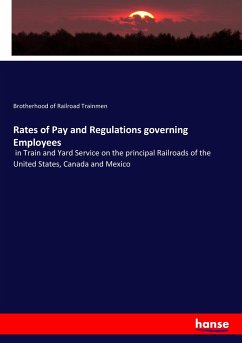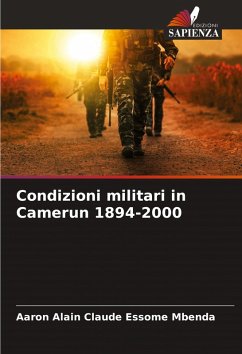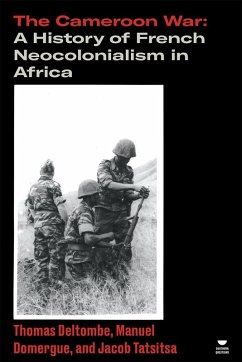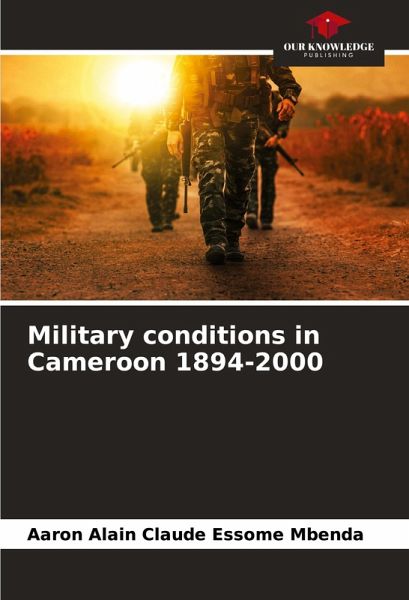
Military conditions in Cameroon 1894-2000
Versandkostenfrei!
Versandfertig in 6-10 Tagen
42,99 €
inkl. MwSt.

PAYBACK Punkte
21 °P sammeln!
Long before its accession to international sovereignty, Cameroon's history was marked by the influence of three European powers. Germany's protectorate was succeeded by a mandate from the League of Nations in 1923 and a UN trusteeship in 1946, entrusted to France and Great Britain. How did the independent state go about setting up a professional army to serve the honor and loyalty of this country in the heart of Central Africa? Was the status of the new recruits in line with the evolution of society and the changing world? And how has public opinion reacted to the integration of women into the...
Long before its accession to international sovereignty, Cameroon's history was marked by the influence of three European powers. Germany's protectorate was succeeded by a mandate from the League of Nations in 1923 and a UN trusteeship in 1946, entrusted to France and Great Britain. How did the independent state go about setting up a professional army to serve the honor and loyalty of this country in the heart of Central Africa? Was the status of the new recruits in line with the evolution of society and the changing world? And how has public opinion reacted to the integration of women into the army? These and many other questions, which are at the heart of this excellent book, have been answered through a judicious exploitation of written archives, and above all through the unpublished testimonies of those directly involved, entrusted to the author.





